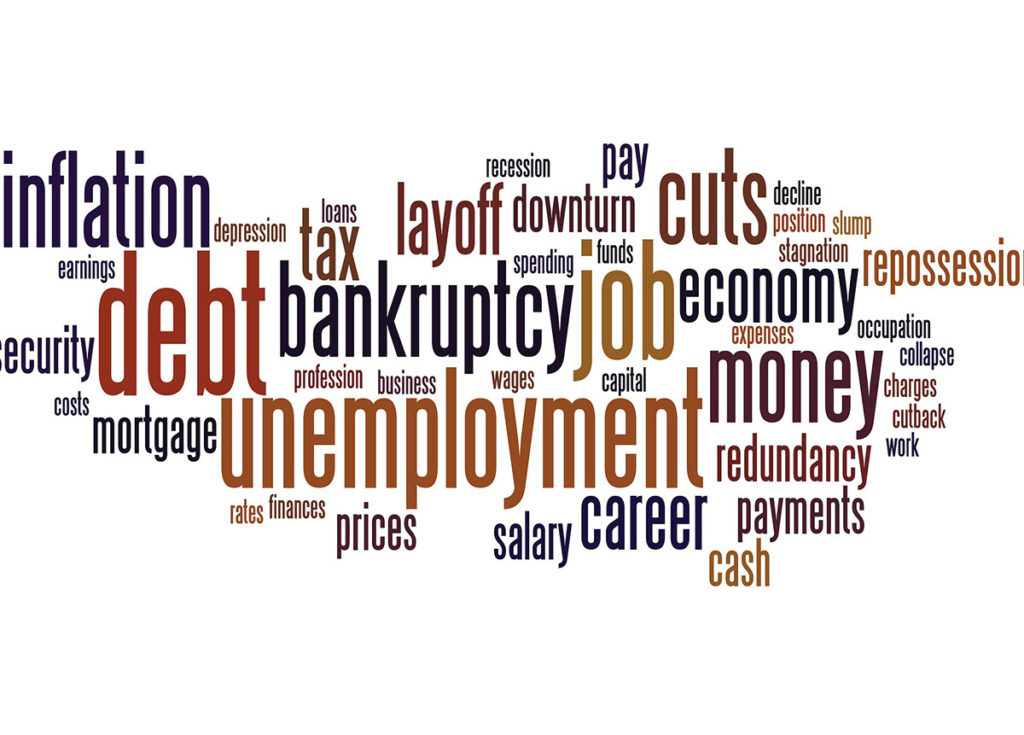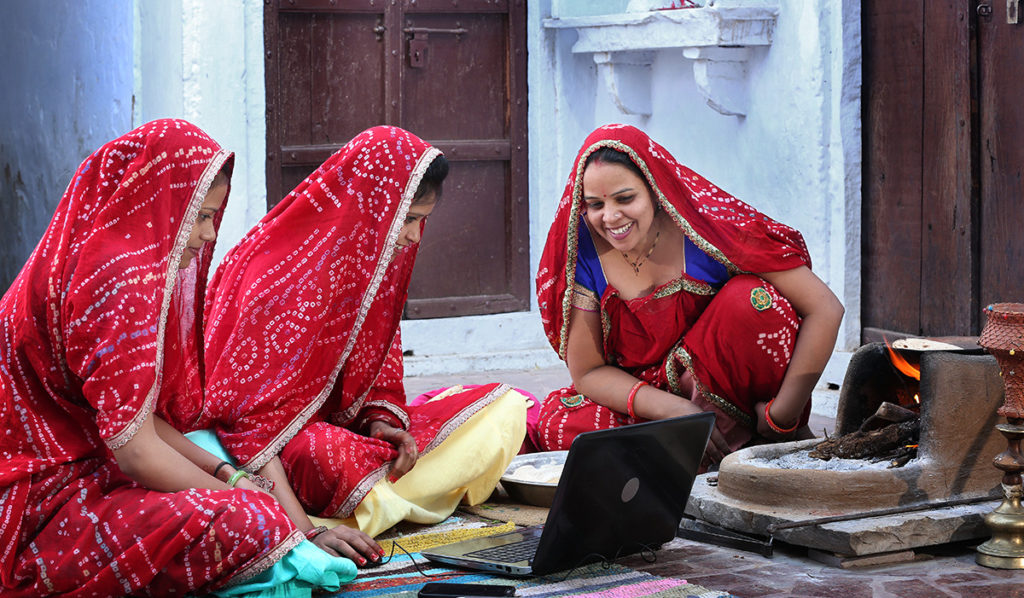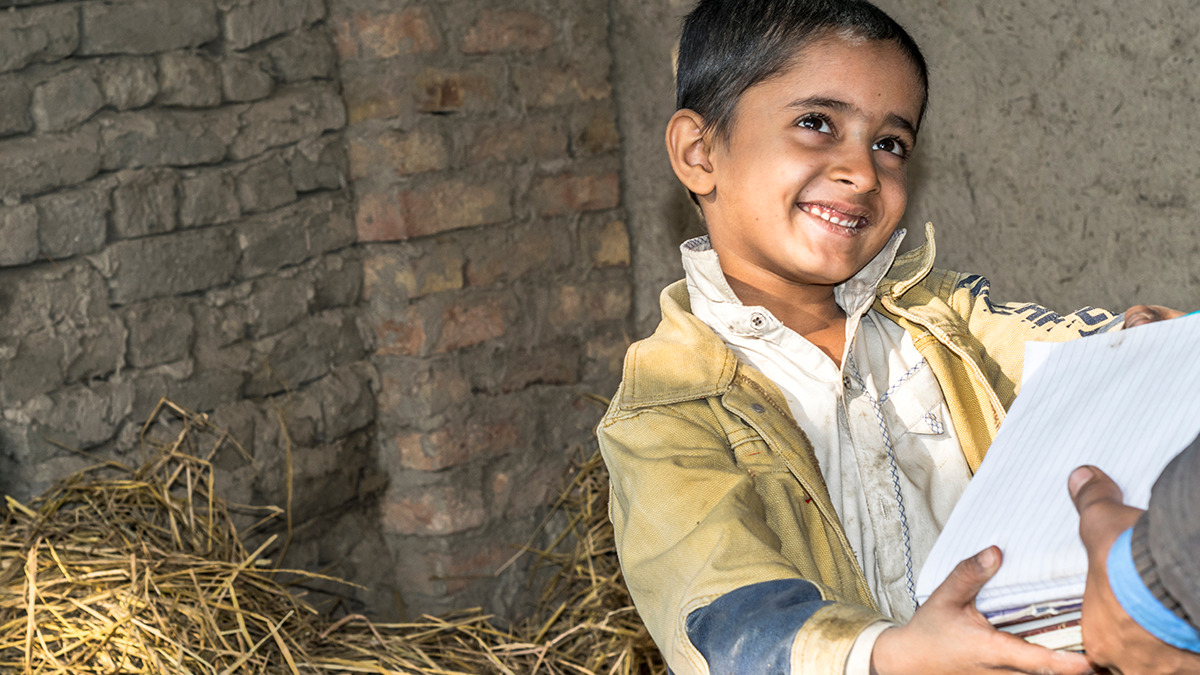JUST ahead of Christmas, I had a WhatsApp reminder about giving from an organisation I know and trust, one that has been committed to cancer aid for the underprivileged for 25 years. I wrote back immediately saying I would contribute something. I was entirely sincere when I responded: Ever since I lost my mother to cancer, I have tried to be a small supporter of this organisation.
Suddenly this morning, after a month, it struck me that I had clean forgotten about them. A lot was going on at the end of the year: that is what I told myself, fighting off that sharp stab of guilt – and pain. It was almost like I had let Ma and our team down. How could I be so callous? What was I thinking?
The truth is that I wasn’t thinking at all. Berating myself, I picked up my phone, that good-for-nothing adult pacifier. It immediately struck me how our phones and all the noise they bring are sucking our brains out a little bit every day, while we stare into them.
There are multiple ways we get distracted and derailed in the new world, faced with confusion and uncertainties. But what’s really sad is that all of it takes us away from our path and purpose, of sharing and giving, that could make a real difference. We get lost in our privileged cocoons and forget what we set out to do and be. Is there a way around this? I started thinking about the key distractions that come in the way of my own good intentions and some strategies we could adopt to stay the course.
A Wandering Mind
Other than the constant external distractions such as our phones and other offline interruptions, our mind has a way of wandering off without provocation. In a study conducted with 2,250 adults, two Harvard psychologists found that we spend around 47 per cent of every waking hour with our minds wandering, an experience that is so ordinary and frequent that we barely notice it. Research that could fill a large room also shows that our distracted minds profoundly affect our attention and memory – adversely.
But the good news is that it is possible to take control of your mind and start focusing. Also, it helps to be mindful that many of these distractions are orchestrated and often meant to keep us from critical thinking, questioning or challenging authority, or simply being functional.

So what can we do to save our brains? Keep aside some time every day for yoga, breathing and mindful meditation. These practises can help us achieve stillness of mind and focus on the essentials. Keep your phone away when you are trying to concentrate or working on something important. Make to-do lists to meet your deadlines and commitments. An early start to the day often helps us pack in much more without distractions.
Financial Insecurities
The last couple of years have proved to be financially precarious for large numbers of people not just in India but across the globe. With the pandemic forcing an economic downturn, job securities have been hit hard, and many of us are trying to hold on to what we have, faced with an uncertain future. In this scenario, it is hardly surprising if some of us do not wish to part with our hard-earned money easily.

But until such a time when you can contribute with money, you can continue giving. Look out for opportunities of contributing your time and skills: there are multiple volunteer networks in India that encourage helping out with teaching, accounting and other professional skills. Of course, there are tangibles such as books, clothes, blankets, utensils, digital devices, etc. that can ease the distress of so many people.
Self-Doubt
There is a massive hope deficit amongst the best of us today. Truth be told, a sunny outlook on life is hard to maintain when it often seems like the world is going to end. Between social media fanning sociopathic behaviour and the absence of strong role models in a me-first world, many of us are losing the impetus for engaging in the greater good.
It is fairly easy to descend into self-doubt and believe that the little bit that each of us can do, will make no difference.
However, hope is critical for our survival–entering a dark tunnel of hopelessness and uncertainty can be self-destructive. Choosing happiness every single day can be a practice worth cultivating. And as research has clearly demonstrated, being socially connected (not just online, but in real life) and giving can be extremely rewarding emotionally. It is a practice that can save us from a continuous downward spiral of doubt and distress and open up new possibilities.

In a study, the National Institutes of Health found that “when people give to charities, it activates regions of the brain associated with pleasure, social connection, and trust, creating a ‘warm glow’ effect”. Scientists also believe that altruistic behaviour releases endorphins in the brain, producing the positive feeling known as the ‘helper’s high’. What’s more, giving boosts our health, promotes social connections and evokes gratitude. Also, did you know that giving is contagious?
What better bug to get and spread this new year?
Established in 2000, Give is the largest and most trusted giving platform in India today. Our community of 2M+ donors and 250+ corporate partners and brands have supported 2,200+ nonprofits, impacting 15M+ lives across India.
Discover more from
Subscribe to get the latest posts sent to your email.


We should really appreciate every single person working toward helping needy and poor people around the world. We’re too an existing charity we work with suppliers already to help people in India, Kenya and America. I can’t thank you enough for the efforts to write this nice post and taking steps to help needy and underserved people in India. We need to change our approaches along with it.
Thanks
Promise Hill Project